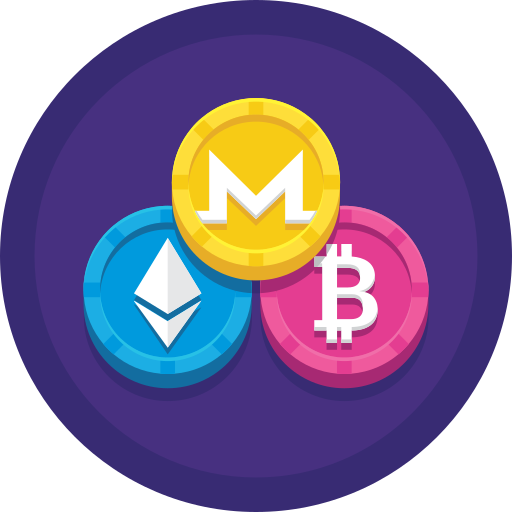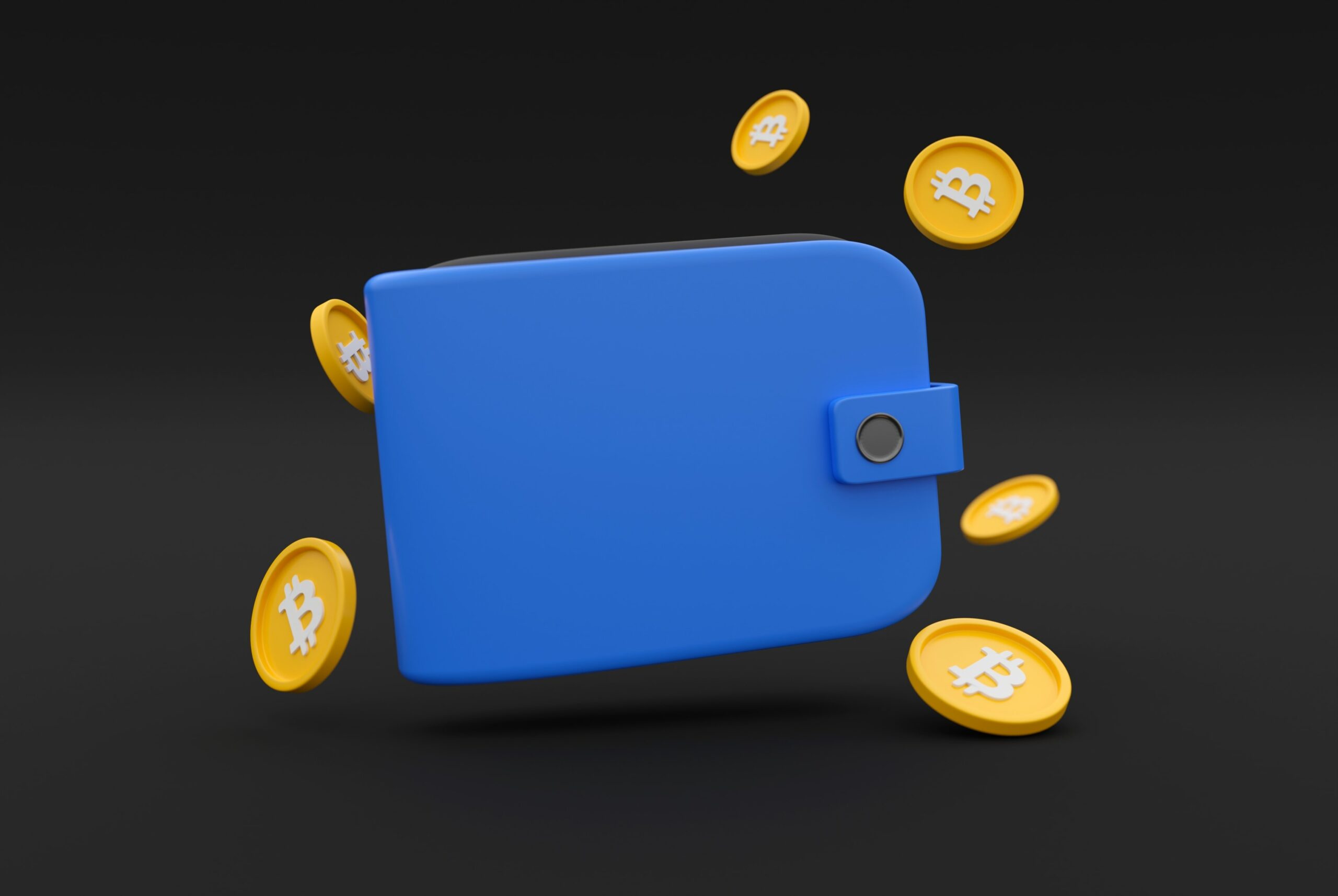In the recent years after the 2009 introduction of the pioneer cryptocurrency, bitcoin, the internet has been buzzing with talks of virtual currencies. Actually, Millennials, generation Z and even earlier cohorts have come to closely appreciate cryptocurrency. While pioneer investors and traders in cryptocurrencies might have thought that bitcoin was the final banger, they were wrong. In just a short span of time, more than 10,953 active cryptocurrencies have come to life. In short, Satoshi Nakamoto who is the mysterious and faceless person behind the invention of bitcoin could have just kicked off a storm which continues to inspire new forays into blockchain and cryptocurrencies.
Let’s break the ice about Altcoins, what are they?
For the longest time, financial technologists entertained and made attempts at creating a purely virtual currency. People had gotten so used to the fiat currency system where banks and other forms of intermediaries have the bigger say while customers become just spectators. It may be even safe to imagine that the creators of cryptocurrencies seriously toyed around with the push to shutter what so many had taken to be the order of the day. Supported by the innovation of cutting edge computer technology, specifically blockchain and cryptography, bitcoin was born in 2009. Soon after the creation of bitcoin, other types of cryptocurrencies started emerging including ether, Dogecoin, Tether, Binance and many more.
You can click here to know the performance of various cryptocurrencies today.
There is nothing complicated about the name altcoins. Just to split the word, it consists of two separate words lumped together. The words are “alternative” shortened as “alt” and then coins which together make the word altcoins. Even the idea behind the name isn’t a mystery to be honest. It just differentiates any other cryptocurrency coins from the pioneer, bitcoin. That’s the simple fact about it.
Altcoins can be any coin that is not Bitcoin or cryptocurrencies that share some characteristics with Bitcoin but differentiate themselves in other traits. Altcoins have been in the cryptocurrency industry ever since Bitcoin was released. These altcoins use a different mechanism to enable validation of transactions separate from the one used in Bitcoin. They show what cryptocurrencies can be used for, how they work, and the specific details that differentiate them.
Altcoin wallets demystified
To start with, mentioning wallets may give a false impression of some synthetic or leather piece of art meant to tuck money and slip on the back pocket. Somehow such a thought isn’t entirely wrong. It offers some lead but with a few modifications when it comes to the field of cryptocurrencies. Actually, wallets are not exclusive for altcoins but include even bitcoins. Short, precise and straight, the cryptocurrency wallets are the safe places where a trader keeps the crypto fortunes since they are not like fiat currencies to be deposited in a bank.
Altcoins must be safely stored digitally in an e-wallet or hardware. Depending on the storage mode, you may keep them as tokens or coins on your mobile devices or PC. The emphasis here should be the safety and ease of use of the altcoin wallet you want.
What are altcoin wallets used for?
Having an altcoin is like a bank account, only that one doesn’t need to talk to a bank or agent to access such money. It gives the altcoins owner exclusive and full rights to interact with the entire blockchain ecosystem where their coins are domiciled. Simply put, it is the window that allows a crypto owner to peep into and perform transactions on the blockchain. While you are interacting with the ecosystem, you can be able to do the following:
- Store your cryptocurrency, and all the transaction records made by the user are kept.
- Generate the necessary information required for making blockchain interactions.
- Generate the address to which the cryptocurrency can be delivered.
Main Features of altcoins wallet
Since altcoins only exist in the blockchain system, they simply lose all their value outside of it. But they are entirely safe in their digital environment despite having that limitation. It happens since all the altcoins aren’t really kept in the wallets but distributed all over in the blockchain system. When looking for the best altcoin to have, you can choose among different ways of managing your crypto since the wallets take various forms, such as:
- Paper
- Separate device
- Browser
- Software program
Altcoin wallets can also come in different forms;
- Hot wallet- this form of wallet must permanently be connected to the internet.
- Warm wallets act as a way between permanent access and total control wallets. They come as special programs installed on your computer with access to a blockchain site where your crypto is stored. They have the best security unless your computer has a malicious virus or is broken.
- Cold wallets- this type of wallet lets you, as the user, totally control the internet connection. It is a good form of wallet as long as you don’t forget your private key and no one will help you to get your money back.
Choosing Best Wallet for Altcoin: what to look for
The cryptocurrency’s level is developed to select different types of storage for altcoins in the blockchain. You can match your choice with what you want to spend on your crypto. When selecting your wallet, check for the following characteristics for the best Altcoin wallet.
Easy-to-use interface
Select wallets that have interfaces that you can understand. Also, don’t use services that have not been translated into a language you can understand.
2-factor authentication
The 2FA option enables you to confirm any operation is going on in your wallet. An additional code is sent to your email or smartphone. If you use a cloud-based solution, it is advisable to use a wallet with a 2-FA function.
Variety of supported coins
The multi-coin wallet allows you to store a whole portfolio of cryptocurrencies of your choice. They enable you to manage tens or hundreds of wallets if you are a big crypto fan.
Payment and fees
Every crypto wallet has its own policies. Some prefer to charge specific fees when depositing, while others when withdrawing. It also matters if the money is directly deposited or comes from a direct deposit.
Compatibility
You also have to look for a wallet compatible with the operating system installed on your PC or mobile device.
Pin to access
You can choose between the custodial and non-custodial wallets based on the provider’s ability to access your wallet.
Top Altcoins wallets to have in 2022
Sticking to the market leaders is the most rational decision when selecting the best crypt wallet for your altcoins. Here is a list of the possible options to look at.
- Coinomi
- Jaxx
- Exodus
- Agama
- Trust wallet
- Coinbase wallet
- Cryptonator
Tips to keep your Altcoins wallet convenient and secure
Pay attention to the following few tips for safe storage of your altcoins and evade scammers:
- Custodial wallets are prone to Phishing and therefore keep some funds on platforms that allow you to open non-custodial wallets.
- Although hardware wallets are expensive and less convenient, they minimize the risk of losing funds when storing altcoins more than the online versions.
- Always give preference to the 2FA authentication.
- Always have the best antivirus programs and the recent updates on the program on your equipment to avoid loss of cryptocurrency.
- Avoid responding to suspicious messages related to managing your altcoin wallets.
A final recap on Altcoins wallets
Choosing the best altcoin wallets enables your assets to be safe. Diversifying risks and storing altcoins in both online and offline wallets would be advisable. Also, your private key’s security must be your wallet’s primary security concern. Find the storage method that is most convenient for you.

